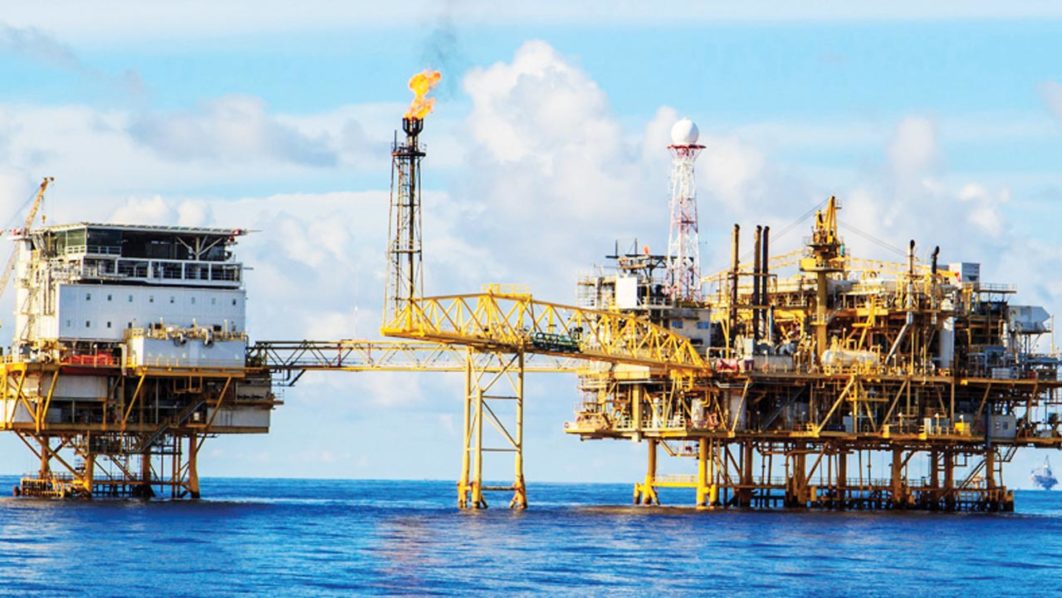
The African Energy Chamber, yesterday, canvassed a special bank to fund oil and gas projects on the continent as a financial crisis looms in the sector.
The agitation is coming as investors and financial institutions in Europe and America are leading campaigns against continuous funding of fossil fuel projects due to net-zero goals.
Executive Chairman, African Energy Chamber, NJ Ayuk, said the continent cannot abandon its hydrocarbon resources. Currently, Africa has about 130 billion barrels of proven crude oil reserves and over 15 trillion standard cubic meters of natural gas.
Ayuk, who stated that it would be unreasonable for the continent to pursue expensive, unreliable energy sources, said an oil and gas-focused bank could help the continent beat the caps set on funding in other parts of the world.
“We need to find a way to save it ourselves. The African Energy Chamber is calling upon African states and the private sector to establish energy banks focused on funding African energy projects. The idea is to create funding sources for all types of African energy — from oil and gas exploration to solar and hydrogen operations — that will not depend on foreign support. No more begging for aid that only would be awarded on the condition that we abandon fossil fuels,” Ayuk said.
According to him, the call for Africa to save its oil and gas industry is not based on greed, making money for an elite few or placing economic objectives above the people or the climate.
He said the chamber was convinced that harnessing existing oil and gas is the best way to meet some of the continent’s most pressing needs, adding that pursuing oil and gas opportunities is not the environmental catastrophe that some have suggested it is.
Ayuk said: “Developing African energy banks is a way to protect our countries from those social and economic dangers. China might be a credible partner to Africa in building the unique financial infrastructure.”
While African governments’ earnings from royalties, profit oil, and other taxes in 2021 was projected at $100 billion, Ayuk said five per cent of that amount would produce $50 million that could be leveraged for exploration, development, or infrastructure.
He said the continent could also raise capital by investing African pension funds in African energy projects. While noting that as of December 2020, total private wealth in Africa totaled approximately $2 trillion without the addition of Africans in diaspora, Ayuk said a lot could be done if the continent unites.
“Not only do we have pathways for raising capital, we also have an example of the kind of bank(s) Africa needs to finance its own energy projects, one that goes back decades. I’m talking about the African Export Import Bank (Afrieximbank),” he said.
He noted that the continent could learn from the example of Afrieximbank’s model to cultivate a pool of investors who understand and appreciate the importance of oil and gas to Africa.
Ayuk said capital from foreign countries and companies would always be welcome — as long as it isn’t predicated on phasing out fossil fuels on their timeline.
“With the support of one or more African energy banks, local oil and gas companies will have the finances necessary to acquire assets. They’ll have the financing to build crude and gas pipelines across Africa and to facilitate the use of natural gas (including liquid natural gas) to power Africa, minimizing energy poverty and driving industrialisation.
“And African states and entrepreneurs will be able to finance the development of renewable energy operations, particularly blue, green, and grey hydrogen operations that create additional opportunities for Africans.
“Africa already has emerging green hydrogen operations in Mali, Namibia, Gambia, Senegal, Mauritania, Niger, and South Africa, and with the proper funding, could become a major green hydrogen exporter,” Ayuk said.



